Elon Musk’s $97 billion flustered OpenAI – now it’s introducing rules to ward off future interest
The move by OpenAI aims to fend off future bids and prevent existing investors from taking the reins

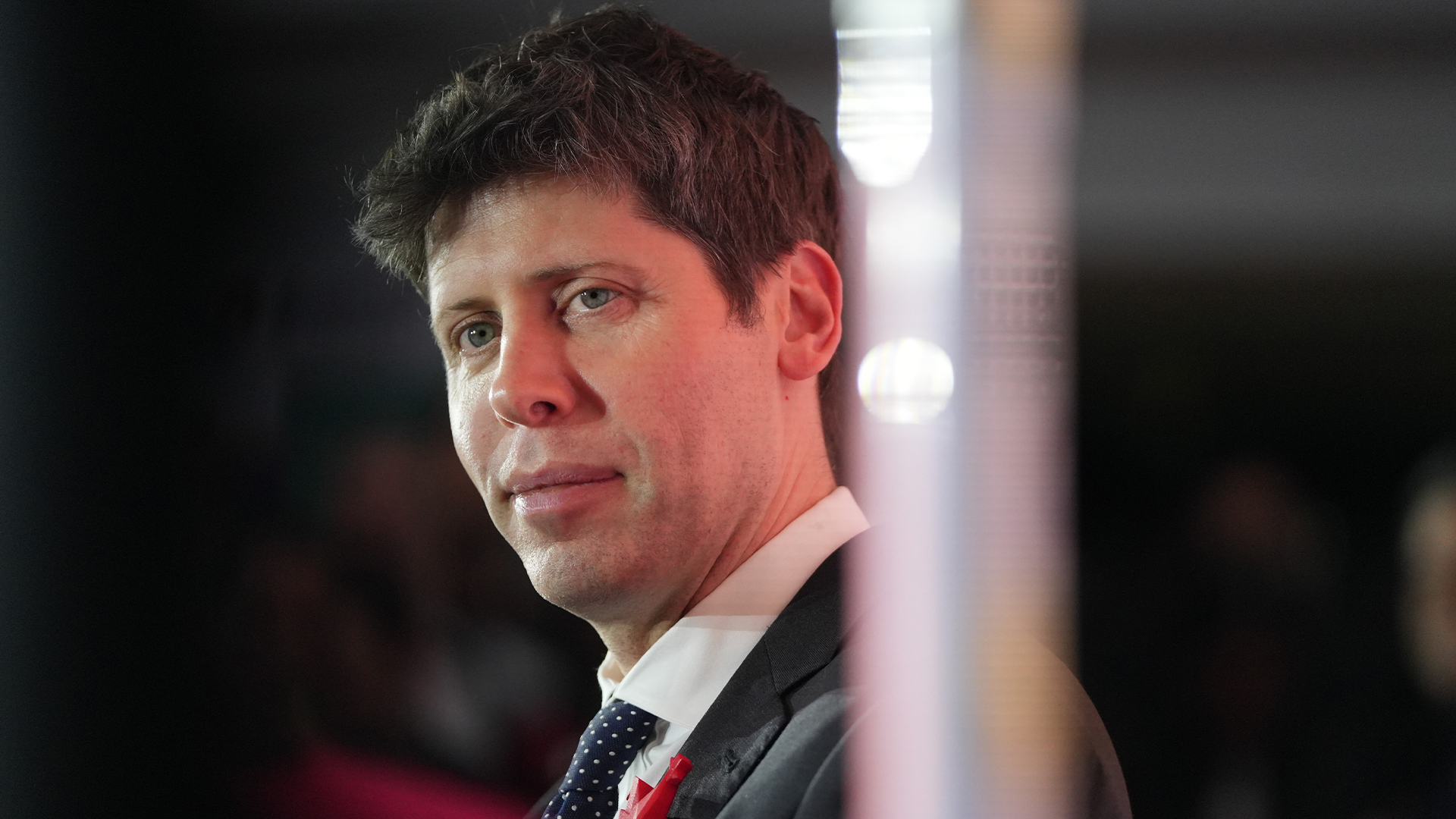
Sign up today and you will receive a free copy of our Future Focus 2025 report - the leading guidance on AI, cybersecurity and other IT challenges as per 700+ senior executives
You are now subscribed
Your newsletter sign-up was successful
OpenAI is considering restructuring the board of its non-profit arm to ward off unwanted bids, according to reports from the Financial Times.
The reported move follows a takeover attempt by Elon Musk, who last week offered $97.4 billion to buy the company alongside a consortium of investors.
OpenAI CEO Sam Altman initially said no to the bid via a post on X, and that refusal was later confirmed by the board. The AI developer was last year valued at $157 billion and more recent funding rounds suggest a value of $260 billion to $300 billion.
In the wake of the approach, OpenAI may give special voting rights to the board of its non-profit arm to beef up control over the for-profit side of the company. This, the reports noted, will enable the firm to push back against unwanted bids and also ensure existing investors can't take the reins.
Notably, the special voting rights would address one of Musk's apparent concerns, that the non-profit mission is being set aside in favour of commercial success. By giving more power to the non-profit division over the for-profit arm, the balance can be redressed.
The restructuring to a public benefit corporation has been controversial — at least for co-founder Musk, who departed in 2018 and has since founded his own AI company, xAI.
But OpenAI's leadership believes the new structure will lead to more investment - a necessary decision given the high costs of developing and running these systems.
Sign up today and you will receive a free copy of our Future Focus 2025 report - the leading guidance on AI, cybersecurity and other IT challenges as per 700+ senior executives
Under the restructuring, the for-profit division would pay out an estimated $30 billion to the non-profit for the technology assets. Though Musk's offer undervalues the wider company, the suggestion is that his $97.4 bid is designed to suggest that OpenAI should pay the charitable arm much more.
Musk's lawyer, Marc Toberoff, told the Financial Times that OpenAI was "putting the charity's assets up for sale."
OpenAI’s big restructuring battle
On February 10, Musk and a group of investors offered $97.4 billion to buy OpenAI, sparking a war of words between the Tesla founder and Altman after the latter's refusal.
Toberoff, who is managing the bid on behalf of Musk and the investors, said at the time the motivation was ensuring the charity was "fairly compensated for what its leadership is taking away from it: control over the most transformative technology of our time."
"It's time for OpenAI to return to the open-source, safety-focused force for good it once was. We will make sure that happens,” Musk later said in a statement.
Following the board's refusal, a filing from Musk and the investors said the bid would be withdrawn if the plans to restructure were dropped.
RELATED WHITEPAPER
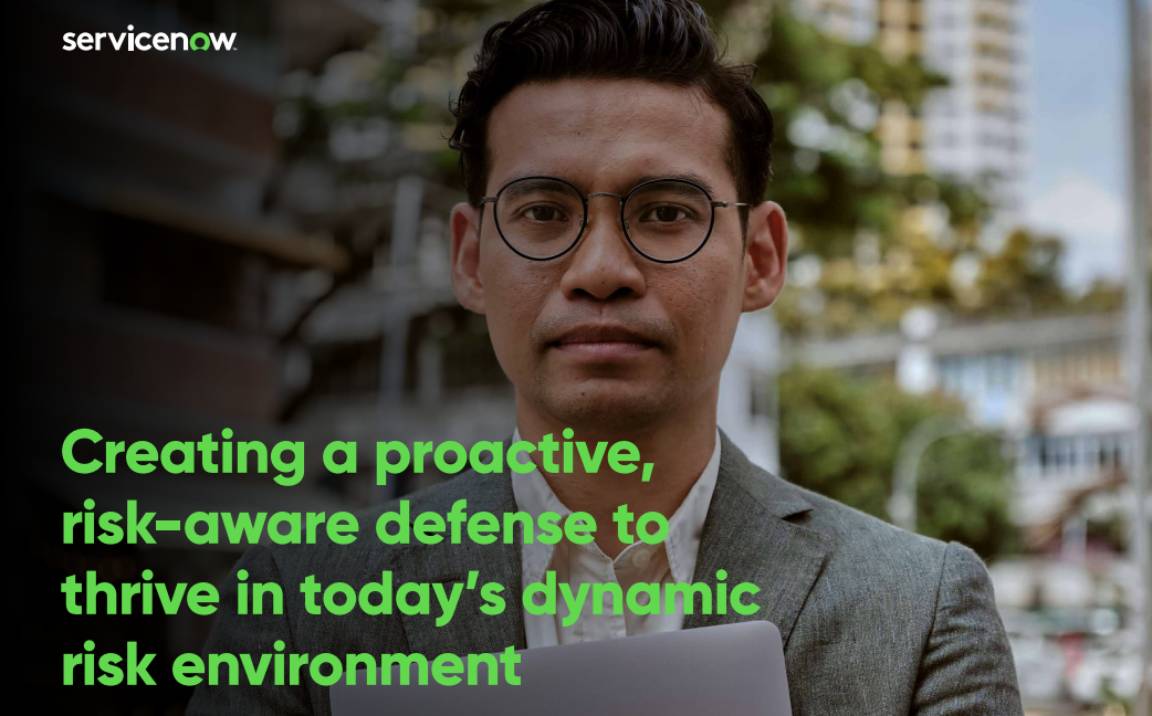
“Otherwise, the charity must be compensated by what an arms-length buyer will pay for its assets," the filing said.
Musk has previously sued OpenAI on related grounds, and has asked a federal judge to block the conversion to the public benefit corporation on grounds including breach of contract; a ruling has not yet been made.
OpenAI hasn't addressed Musk's various concerns directly, instead suggesting that the real motivation behind his bid and suits is jealousy of the success of an AI firm he once co-founded. When the OpenAI board rejected the bid, they called it his "latest attempt to disrupt the competition."
In an interview with Bloomberg, Altman urged Musk to "just compete by building a better product".
"I think there’s been a lot of tactics," he added.
MORE FROM ITPRO
Freelance journalist Nicole Kobie first started writing for ITPro in 2007, with bylines in New Scientist, Wired, PC Pro and many more.
Nicole the author of a book about the history of technology, The Long History of the Future.
-
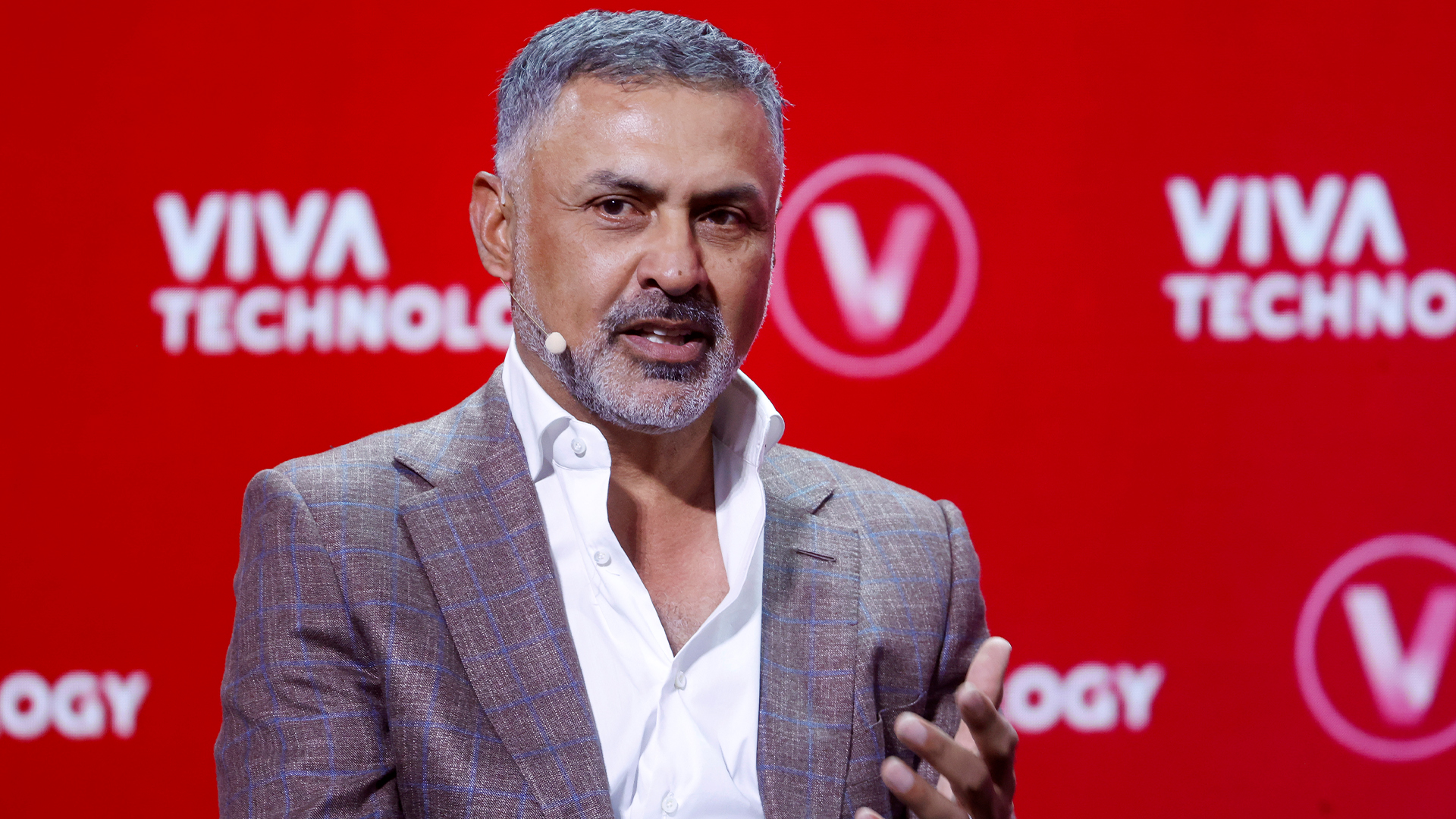 Palo Alto Networks CEO hails ‘the end of identity silos’ as firm closes CyberArk acquisition
Palo Alto Networks CEO hails ‘the end of identity silos’ as firm closes CyberArk acquisitionNews Palo Alto Networks' CEO Nikesh Arora says the $25bn CyberArk acquisition heralds "the end of identity silos" for customers, enabling them to supercharge privileged access management.
-
 Google says hacker groups are using Gemini to augment attacks
Google says hacker groups are using Gemini to augment attacksNews Google Threat Intelligence Group has shut down repeated attempts to misuse the Gemini model family
-
 Google says hacker groups are using Gemini to augment attacks – and companies are even ‘stealing’ its models
Google says hacker groups are using Gemini to augment attacks – and companies are even ‘stealing’ its modelsNews Google Threat Intelligence Group has shut down repeated attempts to misuse the Gemini model family
-
 Why Anthropic sent software stocks into freefall
Why Anthropic sent software stocks into freefallNews Anthropic's sector-specific plugins for Claude Cowork have investors worried about disruption to software and services companies
-
 OpenAI's Codex app is now available on macOS – and it’s free for some ChatGPT users for a limited time
OpenAI's Codex app is now available on macOS – and it’s free for some ChatGPT users for a limited timeNews OpenAI has rolled out the macOS app to help developers make more use of Codex in their work
-
 B2B Tech Future Focus - 2026
B2B Tech Future Focus - 2026Whitepaper Advice, insight, and trends for modern B2B IT leaders
-
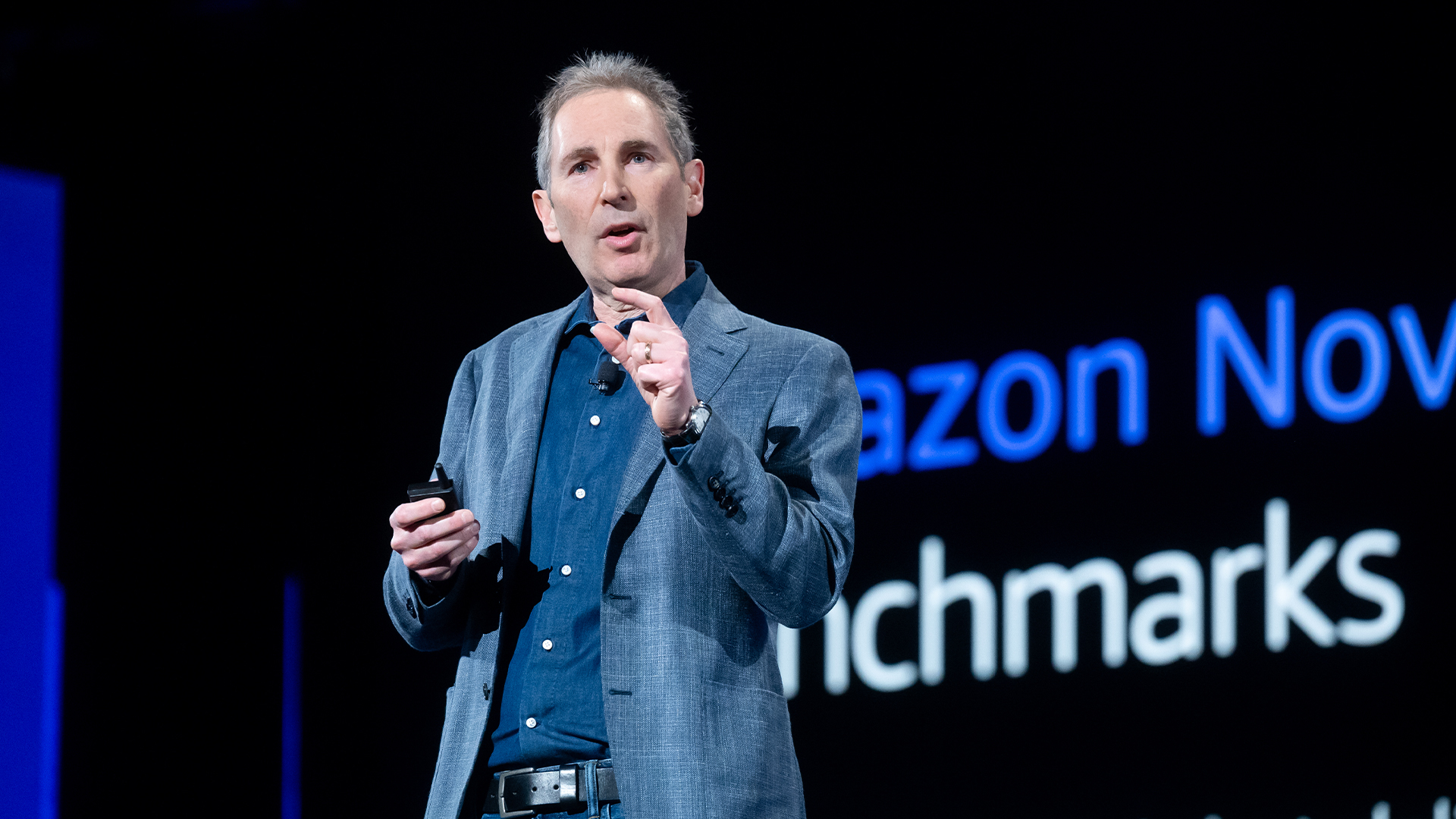 Amazon’s rumored OpenAI investment points to a “lack of confidence” in Nova model range
Amazon’s rumored OpenAI investment points to a “lack of confidence” in Nova model rangeNews The hyperscaler is among a number of firms targeting investment in the company
-
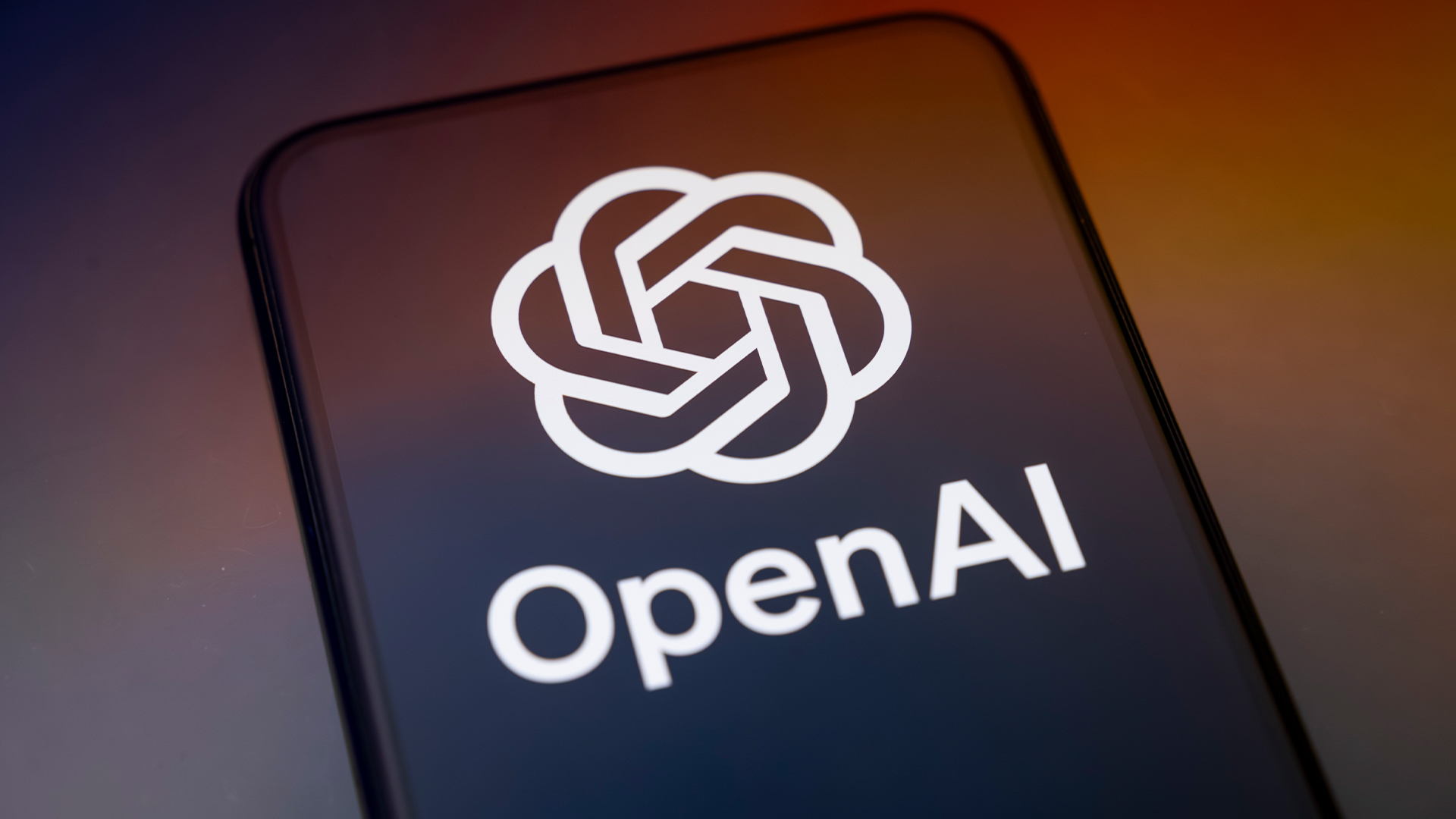 OpenAI admits 'losing access to GPT‑4o will feel frustrating' for users – the company is pushing ahead with retirement plans anway
OpenAI admits 'losing access to GPT‑4o will feel frustrating' for users – the company is pushing ahead with retirement plans anwayNews OpenAI has confirmed plans to retire its popular GPT-4o model in February, citing increased uptake of its newer GPT-5 model range.
-
 What the UK's new Centre for AI Measurement means for the future of the industry
What the UK's new Centre for AI Measurement means for the future of the industryNews The project, led by the National Physical Laboratory, aims to accelerate the development of secure, transparent, and trustworthy AI technologies
-
 ‘In the model race, it still trails’: Meta’s huge AI spending plans show it’s struggling to keep pace with OpenAI and Google – Mark Zuckerberg thinks the launch of agents that ‘really work’ will be the key
‘In the model race, it still trails’: Meta’s huge AI spending plans show it’s struggling to keep pace with OpenAI and Google – Mark Zuckerberg thinks the launch of agents that ‘really work’ will be the keyNews Meta CEO Mark Zuckerberg promises new models this year "will be good" as the tech giant looks to catch up in the AI race
